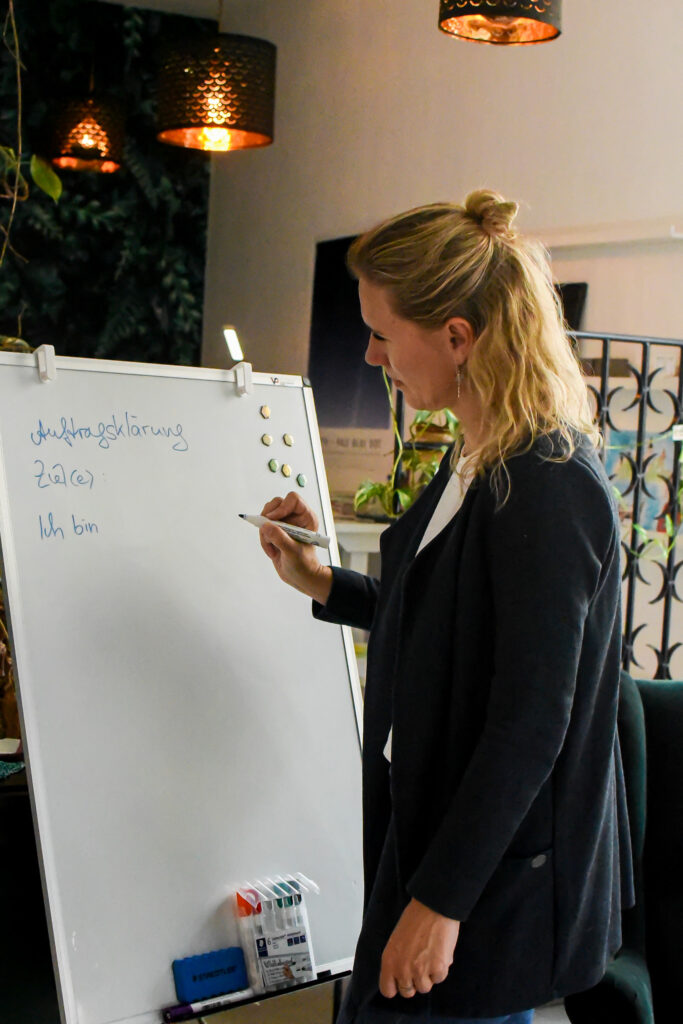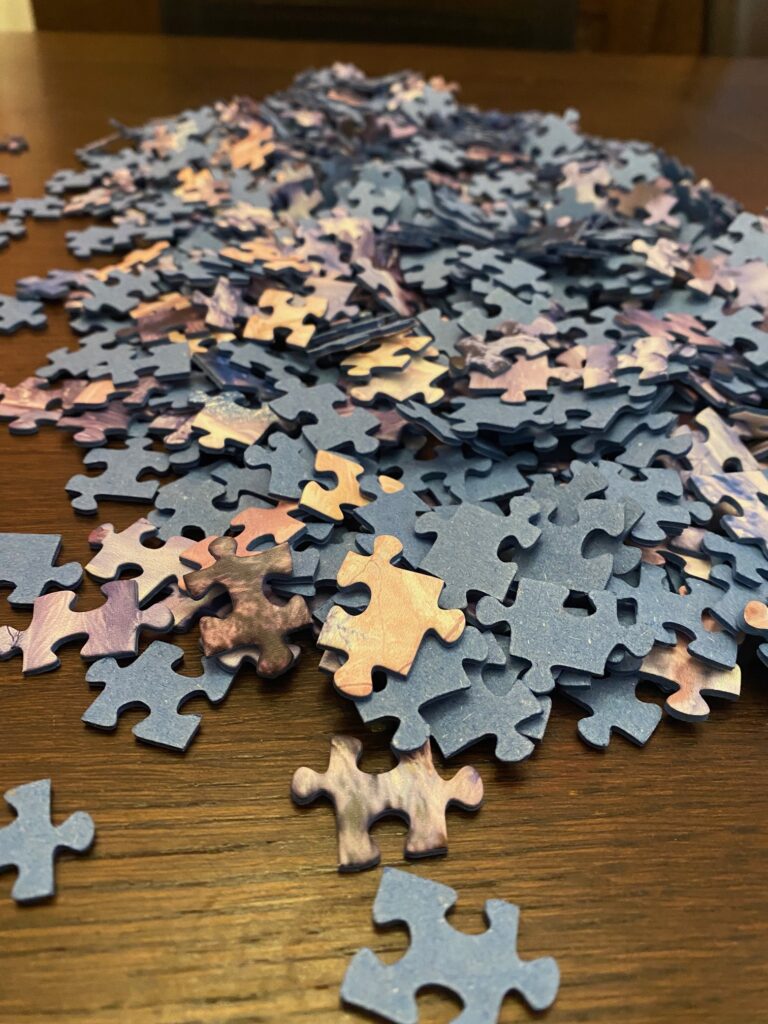Who is counselling and therapy for?
There are many good reasons to seek support – during crises, at key decision points, or simply to shape your life more consciously. Whether you come as an individual, as a couple, within a family, or as part of a team: you don’t have to carry difficult situations on your own.
Individuals — personal development, life crises, decisions, psychological strain
Couples & relationships — monogamous or non-monogamous; conflict, communication, shared growth, separation, new beginnings
Parents & families — dynamics, parenting, roles, giftedness or high sensitivity in children and parents
Friends & social relationships — conflict, communication, disappointment, closeness & distance
Teams & organisations — collaboration, role clarity, communication

Here are some of the goals and topics I can help you work on:
Relationship counselling
The children are small, the day has too few hours between work and care responsibilities, and your we as a couple is suffering? Major decisions are looming and differing views are calling your shared path into question? Infidelity, jealousy, crisis – is it unclear whether, and how, a future together is still possible? Has opening the relationship come up as an option, or already happened, and support would be helpful?
Systemic couple and relationship counselling/therapy recognises that relationship issues often arise from the interplay of different areas of life. Whether monogamous or non-monogamous, in crisis or exploring new paths, systemic work helps you see these connections and gain new perspectives. The focus is on activating resources, expanding your room for manoeuvre, and jointly developing strategies and agreements. I also support respectful, amicable separations.

Friendship counseling
Friendships are often our deepest, most enduring relationships – some last a lifetime. They support us, reflect us, challenge us, and shape us just as much as romantic partnerships do. And yet, their importance is often underestimated in our society.
But it’s worth investing in friendships consciously and viewing crises as opportunities for growth. Friendships aren’t always easy: expectations, disappointments, conflicts, life transitions, or silence can shake their foundation. It can be empowering to realize that friendships, too, can change – and grow – with care and attention.
You might recognize yourself in some of this:
- You feel rejected, neglected, or misunderstood by a close friend.
- A long-standing friendship is shifting – due to new life stages, relationships, parenthood, or moving away.
- You wonder if you’re giving too much or receiving too little.
- You sense that some friendships no longer serve you, but don’t know how to talk about it or what to do.
- You long for deeper, more honest connections, but aren’t sure where to start.
In friendship counseling, we explore together:
- unspoken expectations and unmet needs
- communication patterns
- personal boundaries and emotional wounds
- roles, dynamics, and early imprints
- as well as strengths, connection, and the potential for growth
Giftedness
Have you recently discovered that you are gifted and are now looking for support in understanding what this means for you and your life? Have you been aware of your giftedness for a long time, but are now wondering how it might be connected to current challenges, questions, or decisions you’re facing? Or perhaps you suspect you may be gifted and are unsure whether you want to be tested – and what such a result could mean?
Being neurodivergent can bring many gifts, but also complex challenges. Whether you suspect or already know about your own giftedness, are raising gifted children, or are unsure whether other forms of neurodiversity – such as high sensitivity – might also play a role, I offer support in making sense of your experience and navigating the questions that arise.
I can also support you in deciding whether a formal assessment might be helpful. Families with gifted children often face unique questions and decisions. Systemic counseling helps reveal underlying patterns, develop new perspectives, and find solutions together. The focus is on activating your resources and walking your path in a way that truly fits you.

